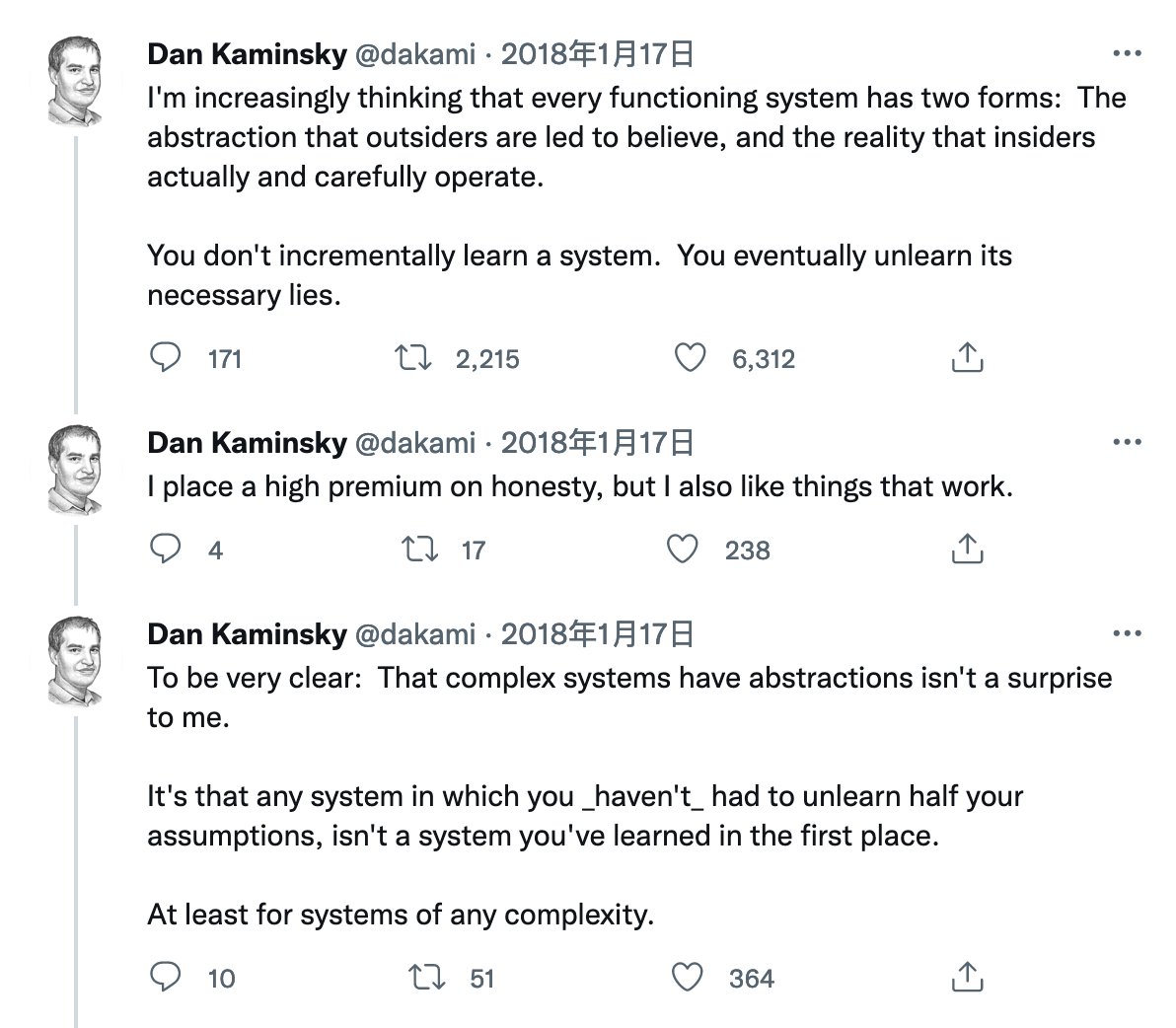
IPCC author literally begging you to read the AR6. The summary for policymakers (SPM) doesn’t work for me, but the rest - 3000+ pages - looks tremendous. It is unlike any other report you’ve seen. If we fuck this up, there is no long-term future. So, dig in. Climate thread 1/?
https://twitter.com/wormmaps/status/1498457986494529537
2/ To start, good advice by @mich_koenig: the 2-page IPCC summary factsheets may help. The goal IMHO should be to bring this report into actionable form, for government or corporate decisionmaking. Change requires different *form* than academic papers. 
https://twitter.com/mich_koenig/status/1499013811583475715

3/ Disclaimer: welcome to the IPCC's contradictory model world. Economists (IAMs) expect a growing global economy even in future 4°C hell. Yet it is the basis of all current climate policy, so let's hop in. @climateinteract models help as dynamic intro. 🙏 


https://twitter.com/bethsawin/status/1208080996979089410



@climateinteract 4/ Many scientists have shown why such assumptions are dangerous to insane: Limits to Growth 1972; Garrett @ProfSteveKeen Grasselli 2020. Ecological / degrowth economists are mentioned (for the first time!) by the IPCC, but inconsequential b/c not modeled.
https://twitter.com/nephologue/status/1498681066776928285
@climateinteract @ProfSteveKeen 5/ I dont understand why "degrowth vs. ecomodernism" is framed as a question of competing 'narratives' by the IPCC. We can either grow forever on a finite planet, and degrade it forever, or not. Every schoolchild can tell you that one of these is suicidal.
https://twitter.com/ScientistRebel1/status/1498670117542051850
6/ Reminder why this matters: inter-governmental IPCC reports are less tools of scientific discovery than of geopolitical control, for STATES to keep control of AGENDA SETTING in climate policy. Sorry nat scientists—IR scholars can tell you how this works.
https://twitter.com/_ppmv/status/1490657393860136963
7/ Best and most balanced intro: Agrawala on how this came about and why something like the IPCC was an evolutionary necessity. Also, why we now need to move on, because it's unfit for today's fast-moving world. @ClimateOpp himself: blogs.edf.org/climate411/200… 
https://twitter.com/_ppmv/status/1462048573760102416

8/ Against the powers of state, market, ideology lined up against us, judging from history since 1985, it's a success to even get the word degrowth into the IPCC. Happened only b/c of tireless scholar-activists like @g_kallis @jasonhickel @timparrique. Ty!
https://twitter.com/timparrique/status/1498580356286529536
@g_kallis @jasonhickel @timparrique 9/ Not to scare anyone, but quick cross-over to Putin's Ukraine war: climate scientists who point to uncomfortable truths (or otherwise back in the day, could imperil geopolitical imperatives) tend to historically get disappeared. Hence why we went into climate overdrive in 2016.
@g_kallis @jasonhickel @timparrique 10/ I always marvel at how @Revkin singlehandedly covered everything that happened in this field, back to before we were even born. Ty, too! 1985:
https://twitter.com/Revkin/status/1498344839666180096
@g_kallis @jasonhickel @timparrique @Revkin 11/ This just an institutional-geopolitical frame I take for climate science and policy. (Fantastic alternatives by folks like @adam_tooze @70sBachchan) It follows that if you have something to say on climate, say it now. Later, for physical or political reasons, may be too late.
12/ I won't summarize the report itself. People paid to do so can do it for you. (But beware, saying "shit is bad and getting worse" won't help, if this is not made actionable.) See these remarks, as heartfelt as, I feel, helpless. So, what can we DO? carbonbrief.org/scientists-rea… 

13/ Now, onto reading this brick. Give me some time; not joking when I say I need to find someone to pay me to do this or related work. This 👇 is well-intentioned, but (my view) for systems thinkers, whoever we are, this doesn't feel intuitive. Pretty sure there are better ways. 

14/ Many approaches are valid, but keep system dynamics 👇 in mind as you read the AR6. Morecroft as one intro to do analysis or consulting professionally. You'll need creativity, empathy, and all the tools for livable futures (😇). b-ok.cc/book/2563337/7… 
https://twitter.com/_ppmv/status/1483110769323556870

Thank you. Yes!
https://twitter.com/AlainLetour/status/1499067961214218247
15/ Why the above detour? This summary thread (ty @leobarasi @GernotWagner!) to see the problem in brutal clarity (see @ProfSteveKeen et al 2021). Sorry, 4°C by 2100 is OPTIMISTIC. We're def not on track for 2-3°C. Simple physics, but also look at Ukraine.
https://twitter.com/leobarasi/status/1498969585940197376
@leobarasi @GernotWagner @ProfSteveKeen 16/ I'm an outlier on Ukraine, but the fallout from the end of the post-Cold War order will upend current plans. We'll be less energy-blind 1-2 years from now, but in a strong El Niño, risk will be enormous. We must start real analysis now. @chrismartenson 
https://twitter.com/_ppmv/status/1497463862110654466

@leobarasi @GernotWagner @ProfSteveKeen @chrismartenson 17/ On a less serious note, as Gernot says these spider graphs just aren't good analysis. If any systems analysts can take care of these diagrams? IMHO it matters because it shows that so far we have no simple, visual, dynamic, testable, actionable models.
https://twitter.com/GernotWagner/status/1498319407961059329
@leobarasi @GernotWagner @ProfSteveKeen @chrismartenson 18/ Compare what a good model could look like, here for covid after barely 1-2 years (plus online policy simulator). @IPCC_CH, why can't we do this for climate after 20-30 years? 
https://twitter.com/_ppmv/status/1483941231386402817

@leobarasi @GernotWagner @ProfSteveKeen @chrismartenson @IPCC_CH 19/ This looks interesting - and ....more spider graphs! ;)
https://twitter.com/KDePryck/status/1499668380453900294
• • •
Missing some Tweet in this thread? You can try to
force a refresh











